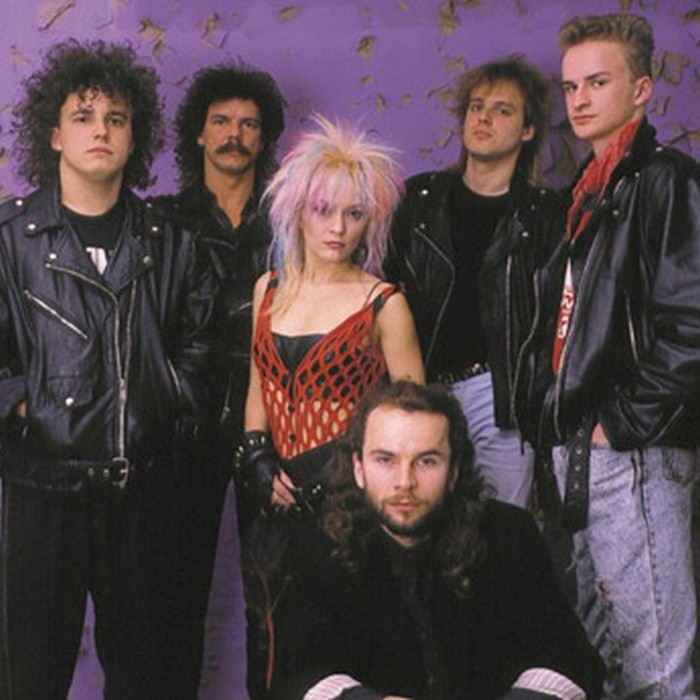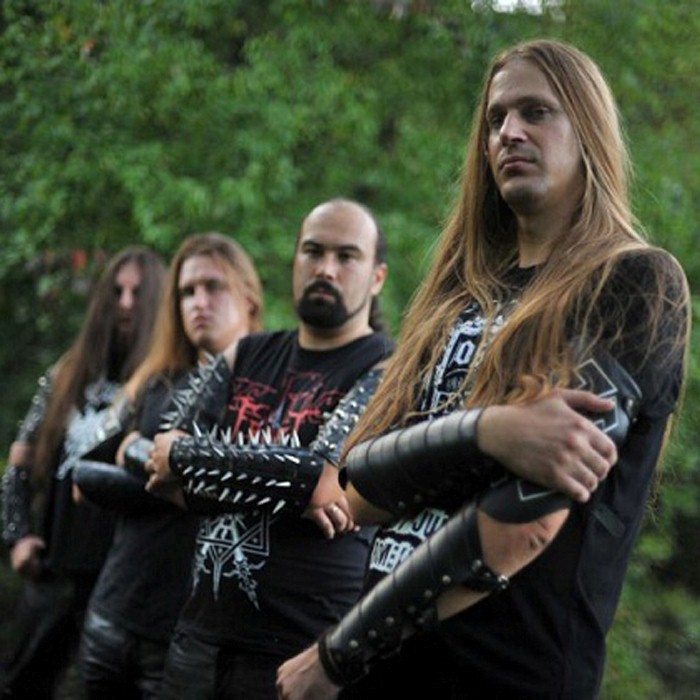Fragment tekstu piosenki:
Tears of rage tears of grief
Palestine, Israel to Tennessee
We need a Superlove
We need a Superlover
Tears of rage tears of grief
Palestine, Israel to Tennessee
We need a Superlove
We need a Superlover
Allison Russell's "Superlover" featuring Annie Lennox is a profoundly moving and urgent appeal for empathy, unity, and radical love in a world grappling with pervasive conflict and division. The song, co-written by Russell and JT Nero, is an updated version of a track originally released by Russell's band Birds of Chicago in 2018. The reimagined "Superlover" emerges as a powerful prayer, a protection spell, a plea, and a belief in the inherent goodness and interconnectedness of humanity, as described by Russell herself.
The opening lines immediately set a poignant tone: "Tears of rage tears of grief / Palestine, Israel to Tennessee." This stark geographical sweep highlights global hotspots of conflict and suffering, from international crises to domestic struggles, establishing the universality of pain and the urgent need for a "Superlove" and a "Superlover." Russell consciously updated these lyrics for the new version to reflect contemporary global events, emphasizing places where collective care is desperately needed. She specifically mentions that the line initially read "from Inglewood to Nairobi" in the original version. The inclusion of Tennessee is particularly resonant, as Russell is an activist who has mobilized support for LGBTQIA+ causes in Nashville, calling national attention to anti-trans and anti-drag laws in the state.
The imagery of "Double Dutch and Hula Hoops / All our fears in loops and loops" evokes a sense of cyclical anxieties and childhood innocence lost or threatened. It suggests that despite our games and diversions, fundamental fears and conflicts persist, looping endlessly unless addressed with a profound, unifying love. This "Superlove" is presented not as a passive emotion but as an active, transformative force capable of altering perception: "It fades the moon and blinds the stars." It's a love so potent it reorders the natural order, suggesting a transcendental power.
The song then delves into existential questions: "The night so cold / Who among us dreams the Dawn? / Who dreamt us and oh where have they gone? / Who keeps a candle lit for their return? / Who could count the flowers in your heart?" These lines speak to a longing for hope, a search for original purpose, and an acknowledgment of the fragile beauty within each individual. It questions who sustains hope in dark times and recognizes the immeasurable capacity for goodness within the human spirit.
Annie Lennox's involvement in the song adds another layer of depth and gravitas. Lennox and Russell met through Brandi Carlile at a Joni Mitchell concert, forming a bond over their shared worldview on injustice and passionate love for music. Lennox wholeheartedly embraced the song, describing it as "one of the most soulful, compassionate songs you could ever hear" at a time of "dissonance, polarization, aggressivity and hatred." She sees it as "medicine for the times and balm for the soul," an appeal for kindness and empathy. Russell also noted that their shared experience as mothers informed their collaboration on the song, viewing "Superlover" as a call to protect and care for all children, everywhere. In an interview, Russell revealed that her daughter even calls Lennox "Granny Annie," highlighting the deep personal connection between the artists.
The verse "Lord let me die before my Child / Prayed every Mother far and wide / That's a Superlove / I'm a Superlover" encapsulates the fierce, unconditional protective love of a parent, positing it as the ultimate form of "Superlove." This instinctual, self-sacrificing love is portrayed as a universal truth, a powerful testament to empathy that transcends boundaries. Russell believes that all adults are, in essence, parenting all the children on the planet, whether consciously or not, and that this maternal instinct embodies the core of being a "Superlover."
The song challenges cynicism directly with the lines: "Believe what you will / Believe they're gonna tell you it's naive / To be a Superlover / But we are Superlovers." It acknowledges the skepticism that such an all-encompassing love might face in a cynical world, yet firmly asserts its existence and the collective choice to embody it. It's a defiant affirmation of hope and radical empathy. Russell explains that being a "Superlover" is a constant practice, a continuous choice to lean into empathy, forbearance, compassion, understanding, forgiveness, and nonviolence.
The theological statement, "There's no God of fire and blood / If there's a God, God is Love," refutes notions of a vengeful deity, instead aligning divinity with pure, unconditional love. This spiritual anchor reinforces the song's central message, suggesting that true faith lies in embracing love as the ultimate principle. The repeated question, "Are you a Superlover?" serves as a direct invitation and a challenge to the listener to actively participate in this revolution of love. As Russell says, "Love is the Revolution." The final reiteration of "Tears of rage tears of grief / Sudan, Congo to Haiti" broadens the scope of suffering, underscoring that these are not isolated incidents but interconnected struggles demanding a collective "Superlove," affirming, "We can be Superlovers." Allison Russell views "Superlover" as a "Calling In" – an invitation to acknowledge that "We are One Human Family. Equally."
Interpretacja powstała z pomocą AI na podstawie tekstu piosenki i informacji z Tekstowo.pl.
Twoja opinia pomaga poprawić błędy i ulepszyć interpretację!
✔ Jeśli analiza trafia w sedno – kliknij „Tak”.
✖ Jeśli coś się nie zgadza (np. kontekst, album, znaczenie wersów) – kliknij „Nie” i zgłoś błąd.
Każdą uwagę weryfikuje redakcja.
Zgadzasz się z tą interpretacją?
 Death Grips - Face Melter (How to Do Impossible Things)
Death Grips - Face Melter (How to Do Impossible Things)
 Ewa Demarczyk - Taki pejzaż
Ewa Demarczyk - Taki pejzaż
 Klergy - The End
Klergy - The End
 Lombard - Wstęga Möbiusa
Lombard - Wstęga Möbiusa
 Warren Zevon - Roland The Headless Thompson Gunner
Warren Zevon - Roland The Headless Thompson Gunner
 Lombard - Wąwóz Kolorado
Lombard - Wąwóz Kolorado
 M8L8TH - Шторм над Азовом
M8L8TH - Шторм над Азовом
 Ich Troje - Razem a jednak osobno
Ich Troje - Razem a jednak osobno
 Khors - Востаннє (For the Last Time)
Khors - Востаннє (For the Last Time)
 Radiohead - Go to Sleep
Radiohead - Go to Sleep